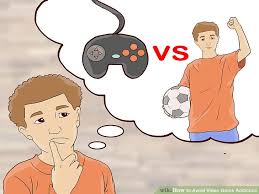A friend of mine posted a blog from THE MENTAL ELF by Susie Rudge and it looked at the impact that our sedentary lifestyle has on our mental health. It discussed the difference between complete inactivity vs moderate inactivity:
“In their paper, Hallgren et al. (2019) define TV watching as a passive sedentary behaviour. They set out to ascertain the impact on depression of replacing this with either:
Mentally active sedentary behaviour (e.g. sitting in a meeting, reading)
Light physical activity (e.g. walking) or
Moderate-to-vigorous physical activity (e.g. jogging, swimming).”
They make the link between taking charge of your ‘sedentary lifestyle’ and any depressive or low mood conditions you may experience. The conclusion they reached is:
“Conclusions
The authors concluded that passive sedentary behaviours may increase the risk of depression in adults and that substituting completely passive sedentary behaviour (e.g. taking a bath, watching TV, listening to music) with mentally active sedentary behaviour (e.g. knitting, sitting in a meeting, office work), light physical activity (e.g. walking) and moderate to vigorous physical activity (e.g. jogging, swimming) may reduce the risk of depression symptoms occurring in adults.
Mentally active sedentary behaviour may function as a protective factor in that it could reduce the opportunity for negative thought processes. Moreover, physical activity is known to reduce stress hormones and increase positive neurological processes thought to influence and regulate mood in humans.”
So take a look around you and see what you are doing during your day, what your family is doing, friends and colleagues. Try and encourage as much variety as possible to avoid a purely sedentary day, especially if you or someone you know is prone to periods of low mood or depression.
If you’d like to read the full blog here it is: https://www.nationalelfservice.net/mental-health/depression/sedentary-behaviour-increase-likelihood-developing-major-depression/
Keep active!









